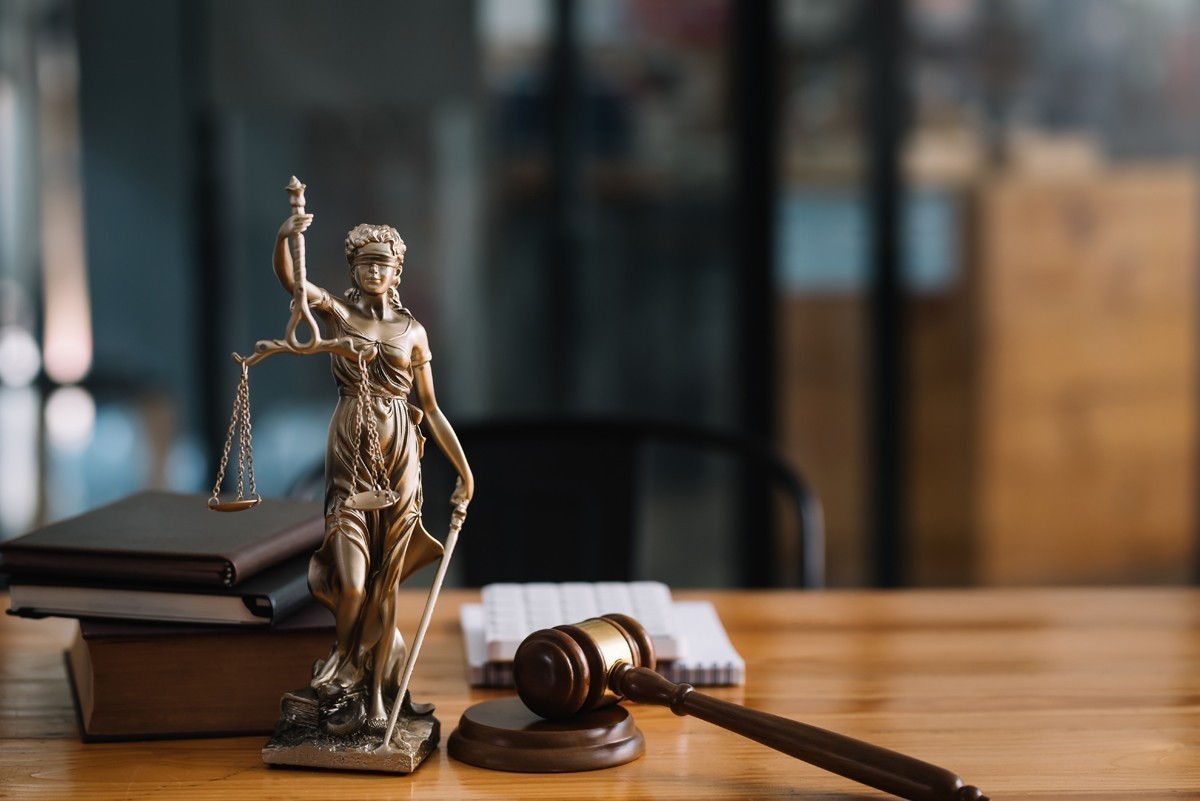
Seizure proceedings in enforcement cases may not always target the correct assets. In particular, goods located in the debtor's home, workplace, or real estate may sometimes belong to third parties rather than the debtor. In such cases, the process to be followed is regulated under Articles 96 and subsequent provisions of the Enforcement and Bankruptcy Law No. 2004, referred to as the ownership claim process.
The Relationship Between Seizure and Ownership Claims
Ownership claims arising from seizure vary depending on whether the asset is in the possession of the debtor or a third party, as stipulated under Articles 96 et seq. of the EBL.
-
When the seized asset is in the debtor's possession
A third party may assert an ownership claim over a seized asset in the debtor's possession. The claim must be reported to the enforcement office. The enforcement officer then notifies the creditor and the debtor, granting them 3 days to object. If no objection is made, the ownership claim is deemed accepted; if objected, the file is sent to the enforcement court. If the court decides to proceed with the enforcement, the third party must file an ownership lawsuit within 7 days from the date the decision is served.
-
When the seized asset is in the possession of a third party
The seized asset may be in the possession of a third party rather than the debtor. In this case:
- If the seizure occurred in the presence of the third party, the ownership claim must be made within 7 days of the seizure.
- If the seizure occurred in their absence, the third party must assert the claim within 7 days of learning about the seizure.
The enforcement officer records the claim in the official report and grants the creditor 7 days to initiate a lawsuit against the third party.
The Litigation Process and Burden of Proof
The core issue in an ownership lawsuit is proof of ownership. The claimant (third party) must demonstrate that the asset genuinely belongs to them through evidence such as:
- Invoice, warranty certificate, payment receipt,
- Lease agreement,
- Witness testimony or other supporting documents.
The court decides ownership based on the credibility of the evidence presented. If the claim is upheld, the seizure is lifted; if rejected, the asset is sold and proceeds applied to the debtor's liability.
The Role of Sayın Hukuk
These cases require a swift and disciplined approach. Sayın Hukuk:
- Organizes evidence collection,
- Ensures compliance with legal deadlines,
- Provides effective representation in court to protect ownership rights.
Even a minor delay or lack of evidence in an ownership claim may result in the loss of property. Therefore, seeking professional legal assistance is crucial for safeguarding rights.
